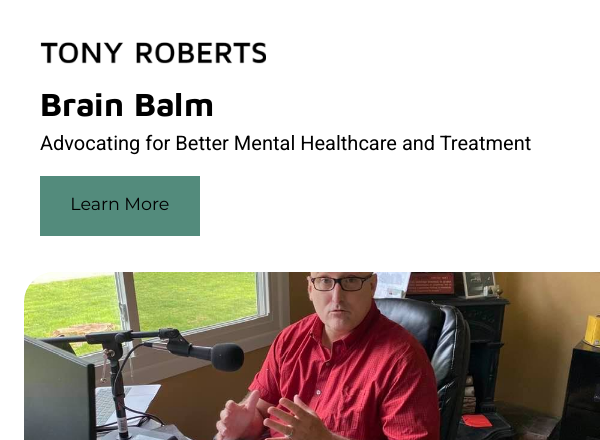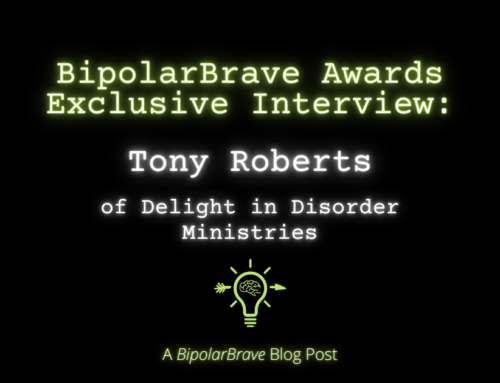“There is a balm in Gilead to make the wounded whole.”**
**Songwriters: Nana MOUSKOURI / Roger LOUBET Balm in Gilead lyrics © Raoul Breton Editions
Brain Balm is a once weekly newsletter exploring topics related to faith and mental illness. This week, and this week only, you will receive bonus devotions taken from my first book Delight in Disorder, available through Amazon.
It started when I was taking a test Mr. Lang’s Algebra II class. I was a precocious sophomore. I heard a voice. It started in my brain then shifted to the walls, the ceilings around me.
“You’re stupid. You’re a phony. You are a failure.”
What started as one voice became two, three, ten, a cacophony of chaotic voices that would become my constant companion for over three decades.
I have sought the best psychiatry. I have found a measure of relief to cope with the symptoms, but no lasting relief. I have turned to the church. Faith gave me hope to endure, but not healing.
Then, just as quickly as they came, they were gone. How? Who knows? I think one clear reason is the cocktail of psychotropics I was taking finally reached a therapeutic level. I also believe firmly that the many prayers of people from all walks of life were answered. I don’t need to know how or why, I am simply grateful that the voices are gone and that I can better hear God’s still, small voice.
Purchase your Kindle or paperback copy of my memoir When Despair Meets Delight at Amazon: https://www.amazon.com/When-Despair-Meets-Delight-cultivate-ebook/dp/B09TQ271P7
NOW AVAILABLE AS AN AUDIOBOOK WITH AUDIBLE!

“Sharing my story with law enforcement officers through NAMI”
I was first called to CIT Training on the streets of Rochester, NY when a 911 call went awry and I wound up with seven police officers, hands to the holsters, surrounding me. Fortunately, I was not a danger to myself or others at the time. I’m doing much better now and have the benefit of this lived experience I can share with law enforcement officers as part of their training.
The National Alliance on Mental Illness sponsors the program. If you would like more information, visit nami.org where you can discover more about the Crisis Intervention (CIT) Programs.
No amount of love can cure madness or unblacken one’s dark moods. Love can help, it can make the pain more tolerable, but, always, one is beholden to medication that may or may not always work and may or may not be bearable ― Kay Redfield Jamison, An Unquiet Mind: A Memoir of Moods and Madness.
Since I was first diagnosed, I was blessed to understand the importance of taking my medication as prescribed. I say blessed, not better. Some people with brain illnesses do not take their medicine not because they are stubborn, but because their particular illness is more complex.
Anosognosia, also called ‘lack of insight,’ is a symptom of severe mental illness experienced by some that impairs a person’s ability to understand and perceive his or her illness. It is the single largest reason why people with schizophrenia or bipolar disorder refuse medications or do not seek treatment. Without awareness of the illness, refusing treatment appears rational, no matter how clear the need for treatment might be to others.
Check out the book, I’m Not Sick, I Don’t Need Help, How to Help Someone Accept Treatment by Xavier Amador.
Babylon will suddenly fall and be broken.
Wail over her!
Get balm for her pain;
perhaps she can be healed. (Jeremiah 51:7-8)
Discover more from Delight in Disorder
Subscribe to get the latest posts sent to your email.






